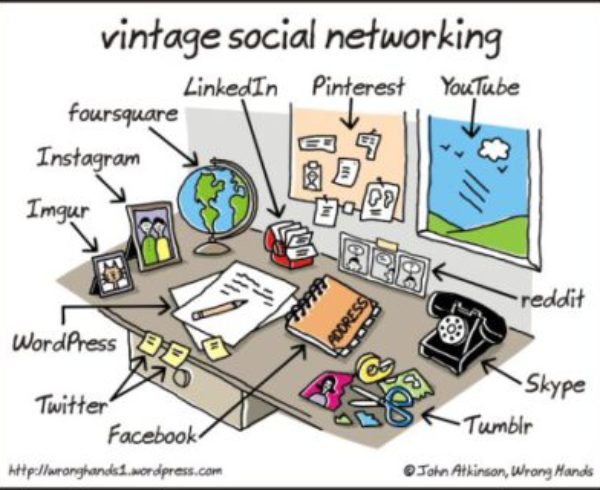You might know the old adage: “If it ain’t broke, don’t fix it.” Well, it’s definitely broke, but no one is fixing it. Just look around. Overall, most organizations have a terrible track record of delivering their strategic initiatives successfully (on time, on budget and within scope). But even when it is delivered successfully, that doesn’t guarantee success. Success includes getting the organization to adapt and adopt the new results. How can you legitimately deem a completed project a success without those two things? The fact of the matter is that the practice of project management as it currently stands fails to meet the objectives of an organization. SO … what are we going to do to fix it? Executives should be clamoring for a change.
| When I first started in this field, project management was not a common title in the business world (other than engineering and construction) so we made it up as we went along. We had a broader role. The role of delivery focused on the big picture. We asked questions to figure out objectives, map out a roadmap and execute it. But we didn’t stop there. We built the training, communication and change management right into the plan. It was not treated as separate entities but as part of the outcome. We broke down the strategy and saw it through.Fast forward 25 years … project management has been commoditized. Project manager titles are everywhere and are in big demand. A career path has become “project management for a job well done.” Even when the job “well done” didn’t require any project management skills.
And even though there is a proliferation of discussion around project management, there is still a lousy track record of successful project conclusions. The Standish Group has been reporting on project management since 1992 in its Chaos report. Back then, project management only succeeded 28% of the time. We are now up to a measly 36%. Long timeframe … poor progress. There is plenty of need for good project managers but the process of using this title as a catch-all has diminished the perceived value and commoditized the discipline. Project management is now perceived as procuring someone to check off boxes on a plan, create issue logs and take meeting minutes. Following direction has become the key focus of this title. I don’t know … maybe too many people diluted the role by using it as a certification vehicle. But honestly certification does not let me know that a project manager knows how to deal with people, manage stakeholders with their own agendas, “herd cats.” We seem to have lost the purpose of project management … the reason we are managing something in the first place. All this leads to the fact that project management (in its commonly held understanding) fails more often than it succeeds. So, until corporations pay attention and set higher expectations, nothing will change. Here are the biggest myths to overcome:
My biggest angst with this topic is that even with all of the discussion around improving project management practices over the last 20-plus years, there have not been enough consistent improvements. In fact, I think that with the “commoditizing” of project management, it’s actually gotten worse. If you’ve read this far and have been able to get past the poor grammar in my title, I want to leave this final thought: Organizations must start thinking of project and program managers as subject matter experts in knowing how to manage teams toward a plan. There are specific skills in knowing how to successfully manage people towards a specific goal. Until we change expectations and perceptions, we will continue to throw good money after bad. Laura |










